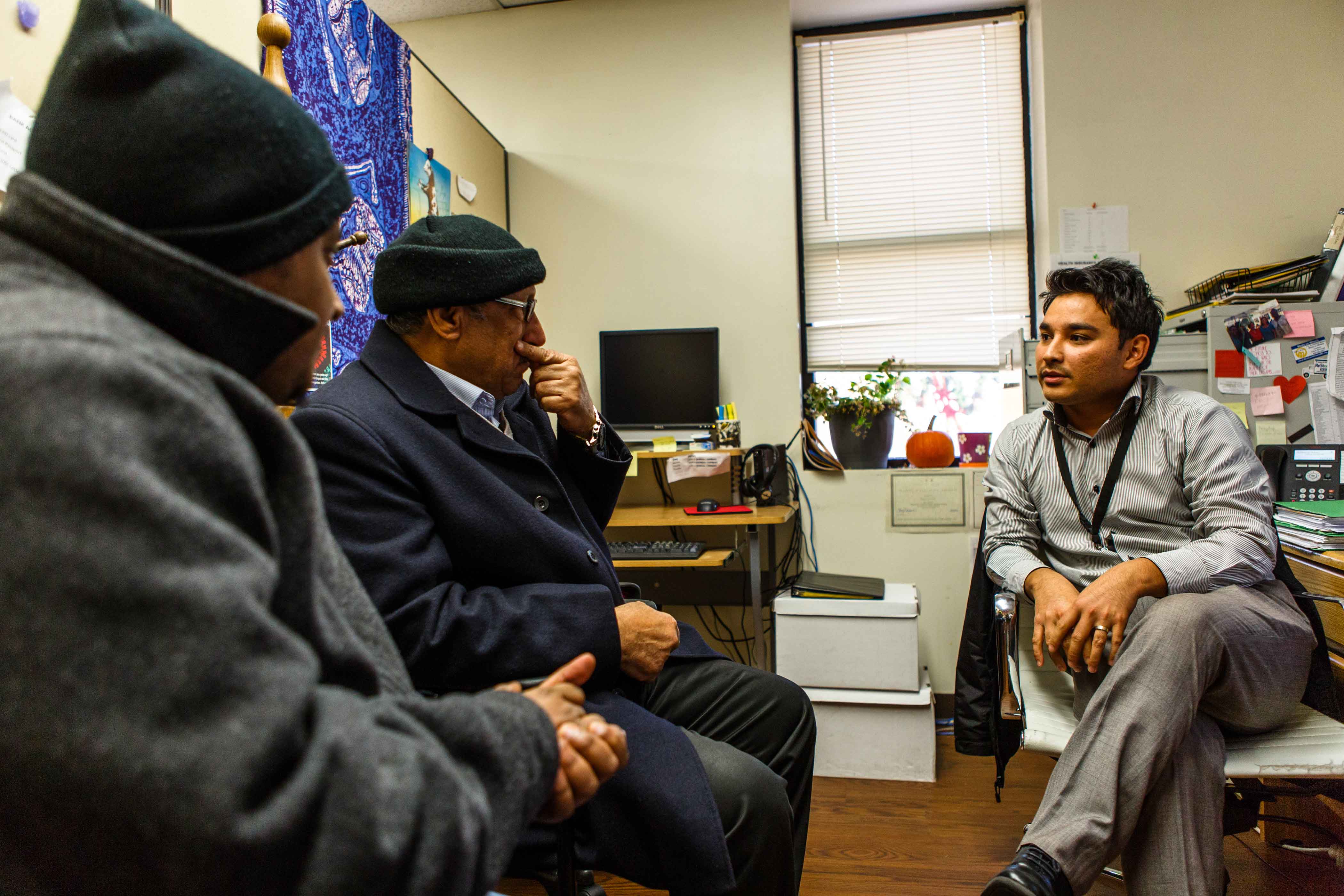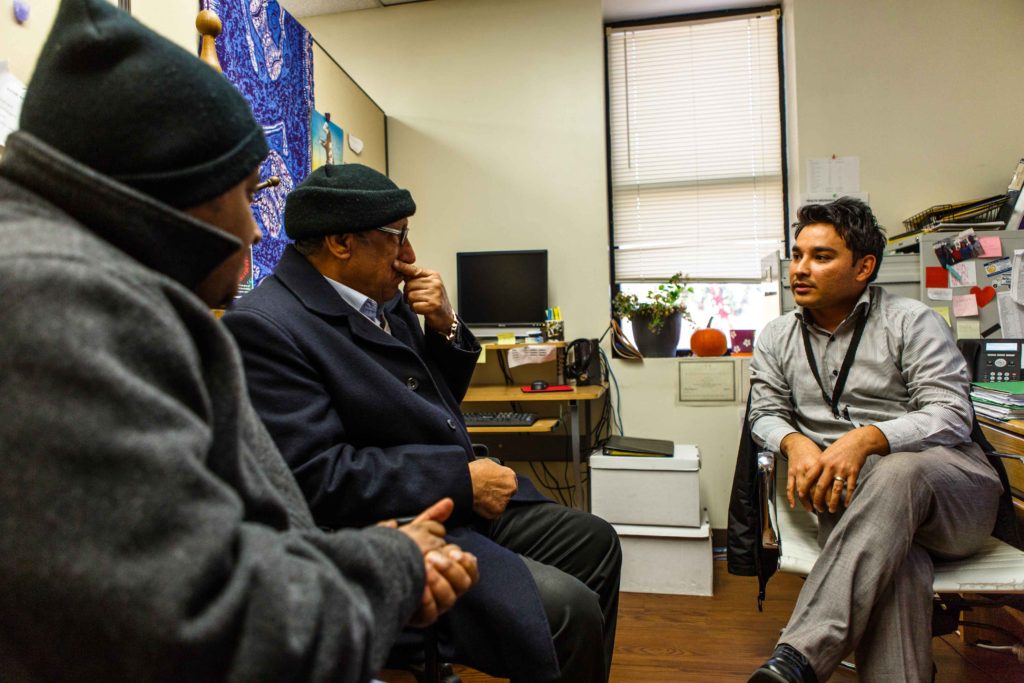
Reception and Placement (Domestic) Assessments
The provision of Cultural Orientation is one of the services required in the Cooperative Agreement between Resettlement Agencies and the United States Department of State Bureau of Population, Refugees, and Migration. The resources below support providers and their supervisors at Resettlement Agency field and affiliate offices to develop and use assessment tools that are appropriate to their needs and capacity. In addition to these resources, providers may want to reference the Cultural Orientation Objectives and Indicators and also review the Pre-Departure Learning Assessment Toolkit.
Featured Resource
Reception and Placement Learning Assessment Handbook
Featured Resource
Reception and Placement Learning Assessment Handbook
The Cultural Orientation Assessment Handbook offers guidance on using the Model Assessment to determine the extent to which each refugee client has learned the essential information and skills taught in Cultural Orientation.
IMAGE CAROUSEL
Preparing to conduct the Oral Model Assessment
Slide Content
Conducting the Oral Model Assessment
Preparing to conduct the Oral Model Assessment
Any resettlement professional or trained volunteer with sufficient knowledge of Cultural Orientation messages may give the assessment. Resettlement Agencies or local resettlement offices may create assessment policies and procedures specific to their circumstances. Read more about preparing for the oral Model Assessment by downloading the Model Assessment Handbook.
Conducting the Oral Model Assessment
Who should be assessed
All adults in a case are expected to attend Cultural Orientation and, as such, are expected to take and pass this assessment. In some cases, elderly parents or even spouses will defer to relatives or friends on whom they may rely for information and support, but because the Model Assessment questions focus on basic knowledge, everyone should be able to demonstrate their independent knowledge of these fundamental concepts.
Conducting the Oral Model Assessment
Timing
The assessment should be given after Cultural Orientation is completed and before the end of the R&P period to comply with R&P Program requirements. Agencies or affiliates have guidelines on when to conduct the assessment. The assessment is intended to be given one-on-one. Other options may be to conduct the assessment at a different time, such as during a home visit.
Conducting the Oral Model Assessment
Format
The format chosen for the Model Assessment is an orally-administered, one-on-one assessment with mostly open-ended questions requiring a response of a few words or sentences. The oral format of the Model Assessment is appropriate for use with non-literate populations and it is available in a number of languages for the convenience of Cultural Orientation providers so that participants can take the assessment in a language they understand.
Conducting the Oral Model Assessment
Using prompts
Prompts are a feature of the Model Assessment because it was designed for use in a number of contexts across the United States and with refugees from a wide variety of backgrounds, so questions could not be made overly specific. Additionally, refugees may respond in unexpected ways based on cultural norms around answering questions. Therefore, prompts allow the assessor to rephrase questions in such a way that allow all individuals to demonstrate their knowledge of the underlying concepts. To learn more about prompts, read the Model Assessment Handbook.
R&P Cultural Orientation Learning Assessment Materials (Oral)
Learn more about administering the oral Model Assessment by reading The Cultural Orientation Assessment Handbook.
Note that MS Word files require installation of special fonts for reading or editing. PDF files will appear correctly. Please contact CORE with questions regarding required fonts.



